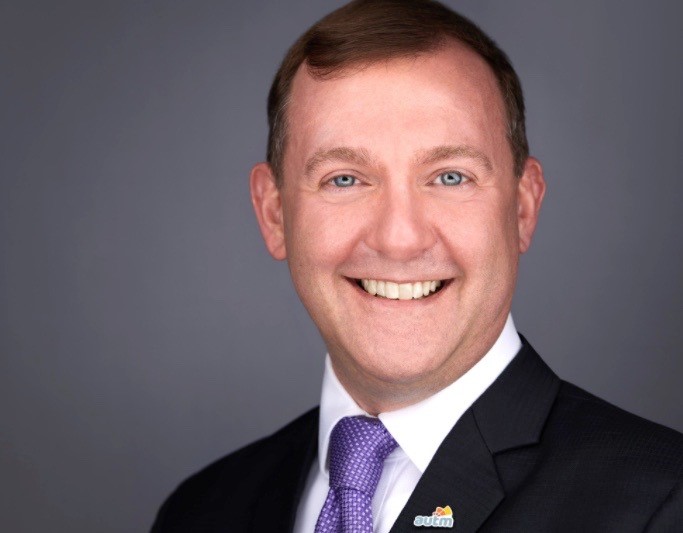Stephen Susalka

Dr. Stephen J. Susalka is the Chief Executive Officer of AUTM, a 3,000+ member non-profit association, focused on supporting and enhancing technology transfer globally, and oversees a cooperative partnership with the Federal Laboratory Consortium for Technology Transfer to support federal technology transfer for more than 300 federal labs across the US.
As an international leader in technology commercialization, Dr. Susalka uses his experience in intellectual property protection, licensing, and company formation to empower, promote and connect AUTM members as they advance the next generation of ground-breaking innovations into the products and services of tomorrow.
A regular speaker on technology transfer issues, Dr. Susalka has frequently presented on Capitol Hill and internationally on topics ranging from start-up formation to the evolution of the profession. He has worked with senior leaders from around the world on strategies to enhance the commercialization of early-stage inventions and has provided testimony to the Canadian House of Commons Standing Committee on Industry, Science, and Technology on promoting best practices for intellectual property and technology transfer.
Before joining AUTM, Dr. Susalka served as Associate Director for Commercialization at Wake Forest Innovations.
Dr. Susalka earned his Ph.D. in Neuroscience from the University of Virginia and is a registered U.S. Patent Agent. He is a past Board member of multiple Wake Forest-affiliated start-ups and is both a Certified Licensing Professional and Registered Technology Transfer Professional.


If Private Sector R&D Is the Future, IP Policy Must Catch Up
